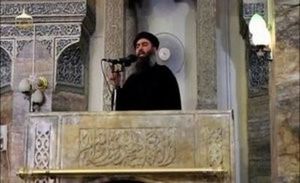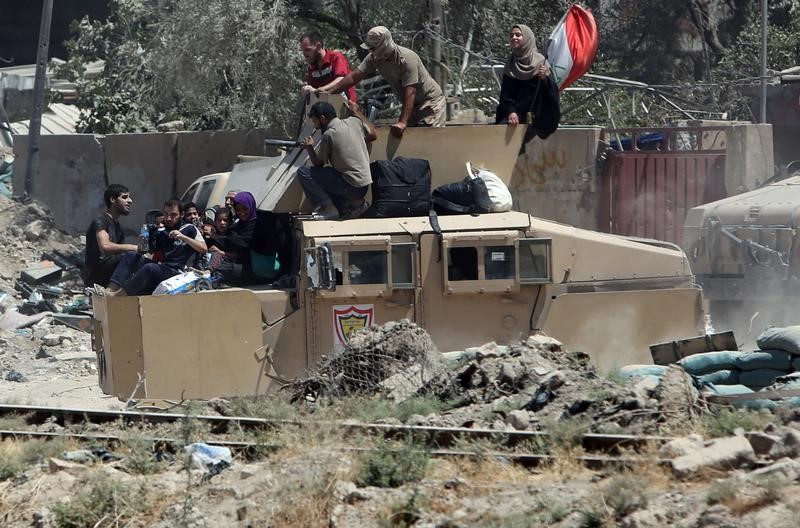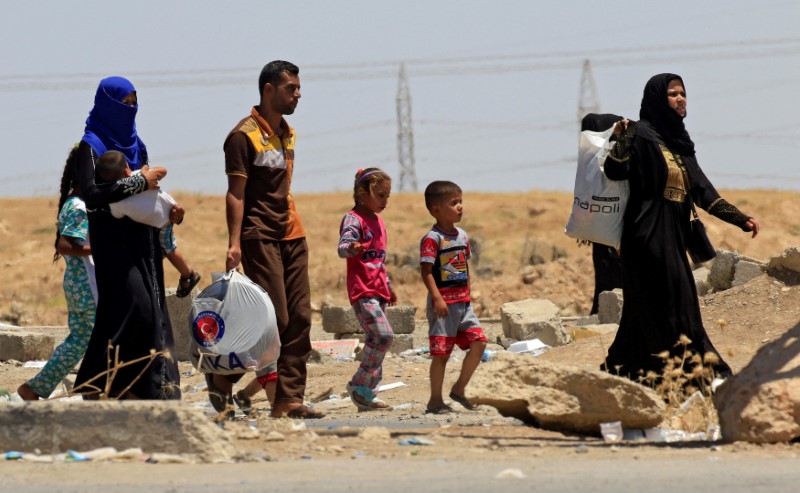
BEIRUT/AMMAN/ANKARA (Reuters) – The Syrian opposition has rejected a new, Russian-sponsored initiative to reach a political settlement to the Syrian conflict, and Turkey protested against the invitation of the Syrian Kurdish side as Moscow’s peacemaking bid hit early complications on Wednesday.
Having intervened decisively in the Syrian war in 2015 in support of President Bashar al-Assad, Russia now hopes to build on the collapse of Islamic State to launch a new political process towards ending the six-year-long conflict.
Damascus has said it is ready to attend the Nov. 18 Sochi congress which is set to focus on a new constitution, saying the time is right thanks to Syrian army gains and the “terrorists’ obliteration”.
But officials in the anti-Assad opposition rejected the meeting and insisted any peace talks be held under U.N. sponsorship in Geneva, where peace talks have failed to make any progress towards ending the conflict since it erupted in 2011.
The congress amounted to a meeting “between the regime and the regime”, said Mohammad Alloush, a member of the opposition High Negotiations Committee and a senior official with the Jaish al-Islam rebel group.
The HNC was surprised it had been mentioned in a list of groups invited to the congress and would “issue a statement with other parties setting out the general position rejecting this conference”, Alloush told Reuters.
The Turkey-based Syrian National Coalition (SNC) political opposition group said the congress was an attempt to circumvent “the international desire for political transition” in Syria.
“The Coalition will not participate in any negotiations with the regime outside Geneva or without U.N. sponsorship,” SNC spokesman Ahmad Ramadan told Reuters.
A Russian negotiator said on Tuesday that Syrian groups who choose to boycott the congress risked being sidelined as the political process moves ahead.
Russia has invited 33 Syrian groups and political parties to what it calls a “Syrian Congress on National Dialogue”.
Russian President Vladimir Putin first mentioned the idea of the congress last month, saying that he believed Moscow and the Syrian government would soon finally defeat militants in Syria.
Helped by Russia’s air force and an array of Iran-backed Shi’ite militias, Assad has defeated many of the Syrian rebels who were fighting to topple him, leaving him militarily unassailable and the rebels confined to enclaves of the west.
Damascus and its allies have also recovered swathes of central and eastern Syria from Islamic State in recent months, while a separate campaign by U.S.-backed Syrian Democratic Forces (SDF) has driven IS from other areas of the country.
The separate campaigns are now converging on Islamic State’s last strongholds in Deir al-Zor province at the Iraqi border.
Russia’s decision to invite the Kurdish groups which dominate the SDF to Sochi triggered Turkish irritation on Wednesday. Ankara, which views the dominant Syrian Kurdish groups as a national security threat, said it was unacceptable that the Kurdish YPG militia had been invited.
Turkish presidential spokesman Ibrahim Kalin said Turkish and Russian officials had discussed the issue and that he had held meetings of his own to “solve the problem on the spot.”
Turkey views the YPG and its political affiliate, the PYD, as an extension of the Kurdistan Workers’ Party (PKK), which has been waging a three-decade insurgency in Turkey.
(Reporting by Suleiman al-Khalidi in Amman, Lisa Barrington in Beirut, and Tulay Karadeniz in Ankara; Writing by Tom Perry; Editing by Larry King and Raissa Kasolowsky)











